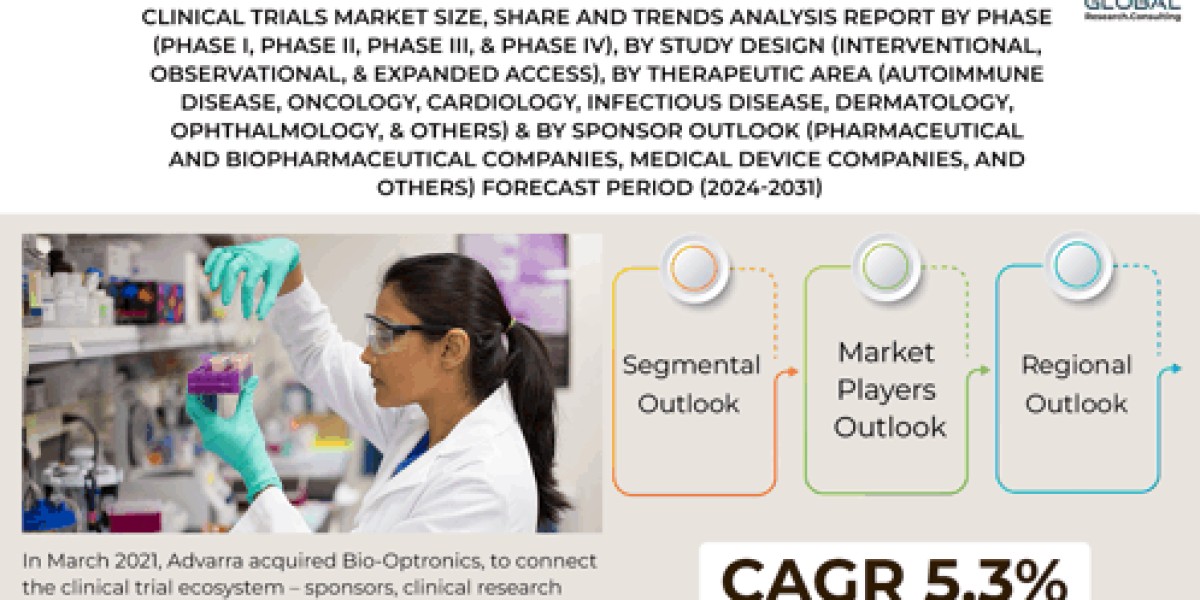What Are the Best Continuous Glucose Monitoring Systems for Diabetes?
Continuous Glucose Monitoring (CGM) systems have revolutionized diabetes management, providing real-time glucose readings and insights that help users maintain optimal blood sugar levels. Some of the top-rated CGM systems include:
Dexcom G6: Known for its accuracy and ease of use, the Dexcom G6 offers a convenient app interface and integration with various insulin delivery systems. It features a 10-day sensor lifespan and alerts for high and low glucose levels.
Freestyle Libre 2: This system allows users to scan their sensor with a smartphone or reader for quick glucose readings. The Freestyle Libre 2 offers optional alarms for critical glucose levels, enhancing user awareness and safety.
Medtronic Guardian Connect: With advanced predictive alerts and a strong focus on user customization, the Guardian Connect system can integrate with insulin pumps for comprehensive diabetes management.
These systems cater to different preferences, with varying sensor life, connectivity options, and alert functionalities.
What Are the Current Trends in the CGM Market?
The CGM market is experiencing significant growth, driven by increasing diabetes prevalence and advancements in technology. Key trends include:
Rising Demand: The global CGM market is projected to grow substantially, fueled by greater awareness of diabetes management and the shift toward personalized healthcare solutions.
Integration with Digital Health: Many CGM manufacturers are integrating their systems with smartphone applications and health platforms, enabling users to track their data and share it with healthcare providers easily.
Wearable Technology: Innovations in wearable technology are enhancing CGM systems. New devices are becoming smaller and more discreet, making them easier to wear and use daily.
Regulatory Approvals: Recently, several companies have received regulatory approval for next-gen CGMs, expanding options for consumers and healthcare providers alike.
What Is the Average Cost of a Continuous Glucose Monitoring System?
The cost of continuous glucose monitoring systems can vary widely based on the brand and specific features. Generally, users can expect:
Initial Setup Costs: The initial cost for a CGM system can range from $1,000 to $2,000, which may include the receiver, transmitter, and initial sensors.
Ongoing Costs: Sensors typically need to be replaced every 7 to 14 days, depending on the model, resulting in ongoing monthly expenses that can add up to $200 to $400 per month.
Insurance Coverage: Many insurance plans now cover CGM systems, reducing out-of-pocket costs. It's essential for users to check with their insurance providers for specific coverage details.
Understanding these costs can help users budget for their diabetes management effectively.
What Recent Advancements Have Been Made in CGM Technology?
Innovations in continuous glucose monitoring technology are rapidly evolving, enhancing user experience and accuracy. Some of the top advancements include:
Real-Time Glucose Monitoring: New CGM systems provide real-time data with predictive alerts, allowing users to take preventive actions before blood sugar levels become problematic.
Integration with Artificial Intelligence: Companies are increasingly leveraging AI to analyze glucose data, offering personalized recommendations based on historical trends.
Extended Sensor Life: Recent products feature sensors with longer lifespans, reducing the frequency of replacements and improving overall cost-effectiveness.
Non-Invasive Technologies: Research is ongoing into non-invasive CGM technologies, which could eliminate the need for skin pricking altogether. Companies like GlucoRx and Eversense are leading in this area, focusing on innovative solutions that are user-friendly and accurate.
| For more info. | Market Research | Related Report | Digital biomarkers Market | |
| Dental services Market | ||||
| Diabetes devices |



